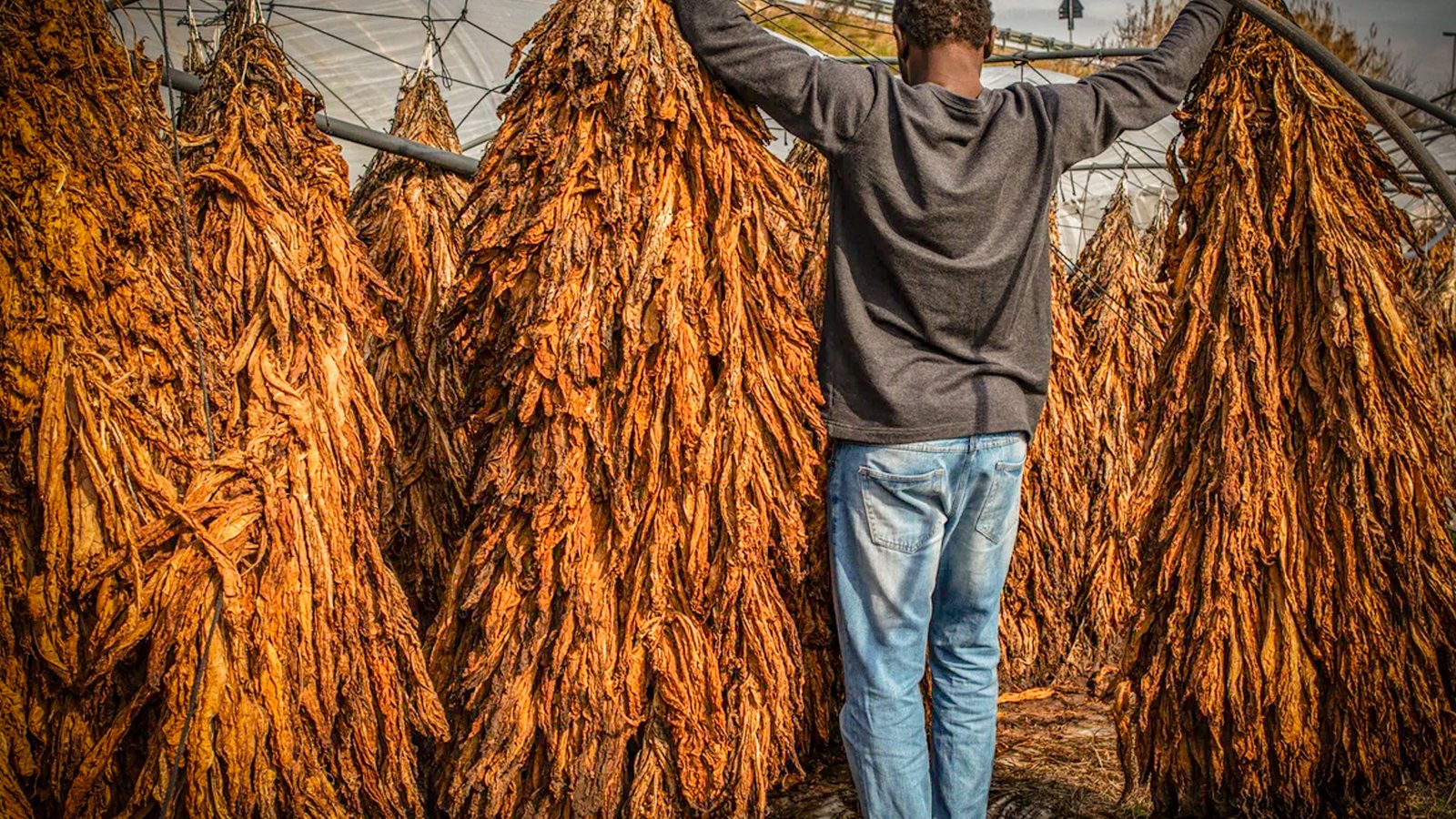ISLAMABAD: The Federal Board of Revenue’s (FBR) decision to impose a uniform tax structure on both domestic and multinational tobacco companies has triggered alarm bells across Pakistan’s local tobacco industry, particularly in Khyber Pakhtunkhwa (KP), where thousands of farmers depend on tobacco as their primary source of income.
Under the revised tax regime, local tobacco companies are now subject to four separate levies: Rs. 18 per kg as the Provincial Tobacco Growers (PTG) Tax, Rs. 26 per kg Provincial Tax, Rs. 56 per kg KP Excise Tax, and a substantial Rs. 390 per kg as Federal Excise Duty (FED). Combined, these taxes amount to nearly Rs. 600 per kilogram of processed tobacco — a cost that many smaller firms say is financially unsustainable.
In a move to tighten compliance, the government has also deployed Frontier Constabulary (FC) personnel and other law enforcement agencies at Green Leaf Threshing (GLT) units to curb tax evasion in the sector. While aimed at increasing transparency and revenue, local manufacturers argue the enforcement measures disproportionately affect them, already reeling from heavy taxation and rising operational costs.
One industry representative disclosed that their company paid over Rs. 1.2 billion in taxes last fiscal year, yet now finds itself on the brink of closure due to what it describes as an “unbearable fiscal burden” combined with mounting regulatory scrutiny.
The ripple effects of the policy are being felt most acutely in KP, Pakistan’s primary tobacco-growing region. Farmers there are facing reduced demand, delayed payments, and an uncertain future.
“Tobacco is the only viable crop for many of us in Swabi and surrounding areas,” said a local farmer. “With local companies shutting down, we have nowhere to sell our produce. The government’s policy seems to benefit foreign firms while sidelining local growers and manufacturers.”
Experts warn that if the government fails to revise its taxation policy, the consequences could be far-reaching — including the collapse of the local tobacco industry, widespread job losses, and economic instability in rural communities.
They urge the introduction of a tiered taxation framework that considers the differing scales and capacities of multinational versus local companies, to ensure a level playing field and safeguard the livelihoods of farmers and small businesses.


